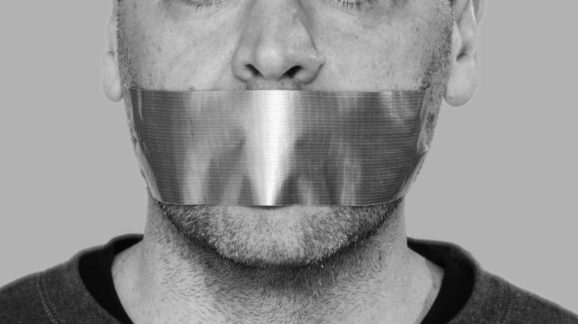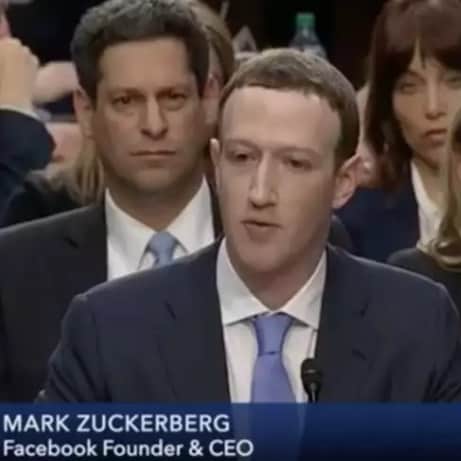Don’t Let Facebook Team up with Big Government to Censor the Web

 Facebook’s expulsion of several controversial figures from its platform last week is an example of a company managing its own private property to what it believes are the best ends. But Facebook CEO Mark Zuckerberg threatens to undermine Facebook’s property rights if governments heed his call for replacing these private judgment calls with national and global government diktats determining what is and is not acceptable speech.
Facebook’s expulsion of several controversial figures from its platform last week is an example of a company managing its own private property to what it believes are the best ends. But Facebook CEO Mark Zuckerberg threatens to undermine Facebook’s property rights if governments heed his call for replacing these private judgment calls with national and global government diktats determining what is and is not acceptable speech.
CEI has consistently defended Facebook’s—and all private companies’—right to manage their assets the way they see fit and to interact, or not interact, with whom they choose. Shareholders have the most to gain or lose as these decisions are made and are the only ones who should lay claim to the right to make them. CEI will continue to defend private actors’ rights, even when we disagree with the results of their choices. After all, if universally-accepted speech really existed, there would be no need for the First Amendment. But history has proved its necessity.
Defending Facebook’s right to enforce its terms of service, but opposing the company’s calls for government regulation of speech is akin to a citizen acknowledging Dick’s Sporting Goods’ right to stop selling guns at many of its stores, but balking at the federal government outlawing all gun sales. Defenders of the Second Amendment may disagree with the Dick’s decision, but as long as they have the option to take their business elsewhere and purchase their weapons from a competitor, their freedom is preserved.
Honoring private entities’ right to act as they choose with their own assets, but opposing new regulations to restrict freedoms, allows property rights, free speech, and the boundaries of government intervention to converge.
Just as importantly, it’s an approach that allows for exit, a critical safeguard for citizens in many contexts. In this case, for those users who don’t agree with the content that Facebook allows to remain on its platform, exit is permitted to other social media platforms, to other websites, to television, radio and, eventually, technologies that have yet to be invented.
But when government rules replace the decisions made freely by a private entity, like Facebook, a user’s ability to exit those (inevitably subjective) standards of what is and isn’t acceptable speech is severely curtailed. This constraint is made exponentially worse if regulations are adopted on a global scale, as Zuckerberg advocates in his March 30th Washington Post op-ed.
If Zuckerberg’s advocacy leads to the type of global “standards” outlined in his piece, the result will be an epic loss of freedom. Cultural relativism would be pushed to absurd limits. Picture your strained holiday table conversation with relatives of different political parties on steroids: replace uncles, aunts, nieces, and nephews with China, Germany, Cuba, and the United States. One society’s mainstream is the next dictator’s blasphemy and to pretend otherwise risks putting one of Americans’ most treasured freedoms in jeopardy.
National and global content regulation of speech on social media platforms is clearly a detriment to consumer-citizens, so why would Facebook call for such action?
Zuckerberg wrote, “if we were starting from scratch, we wouldn’t ask companies to make these judgments alone.” On the contrary, if Mr. Zuckerberg really had to start his company from scratch, he would be very pleased to be free (again) of onerous government regulations with their costly compliance, monitoring, and reporting. It’s precisely because he’s not starting from scratch, that Facebook can afford those regulatory costs.
It can’t be lost on Facebook’s leadership that those same costs will act as raised barriers to entry for the next social media platform that comes along, providing established players with a competitive advantage. Presumably, there would also be liability protections afforded to companies that comply with regulations and a seat at the head of the table for Zuckerberg’s team when they’re crafted.
But a company’s self-preservation is no justification for regulation. Facebook’s advocacy for government speech regulation should be very concerning to all those who cherish the right to free speech. And also worrying to those who look forward to unfettered innovation in the marketplace fostering the next Facebook, a fast mover and breaker of things who wins a place in our lives.